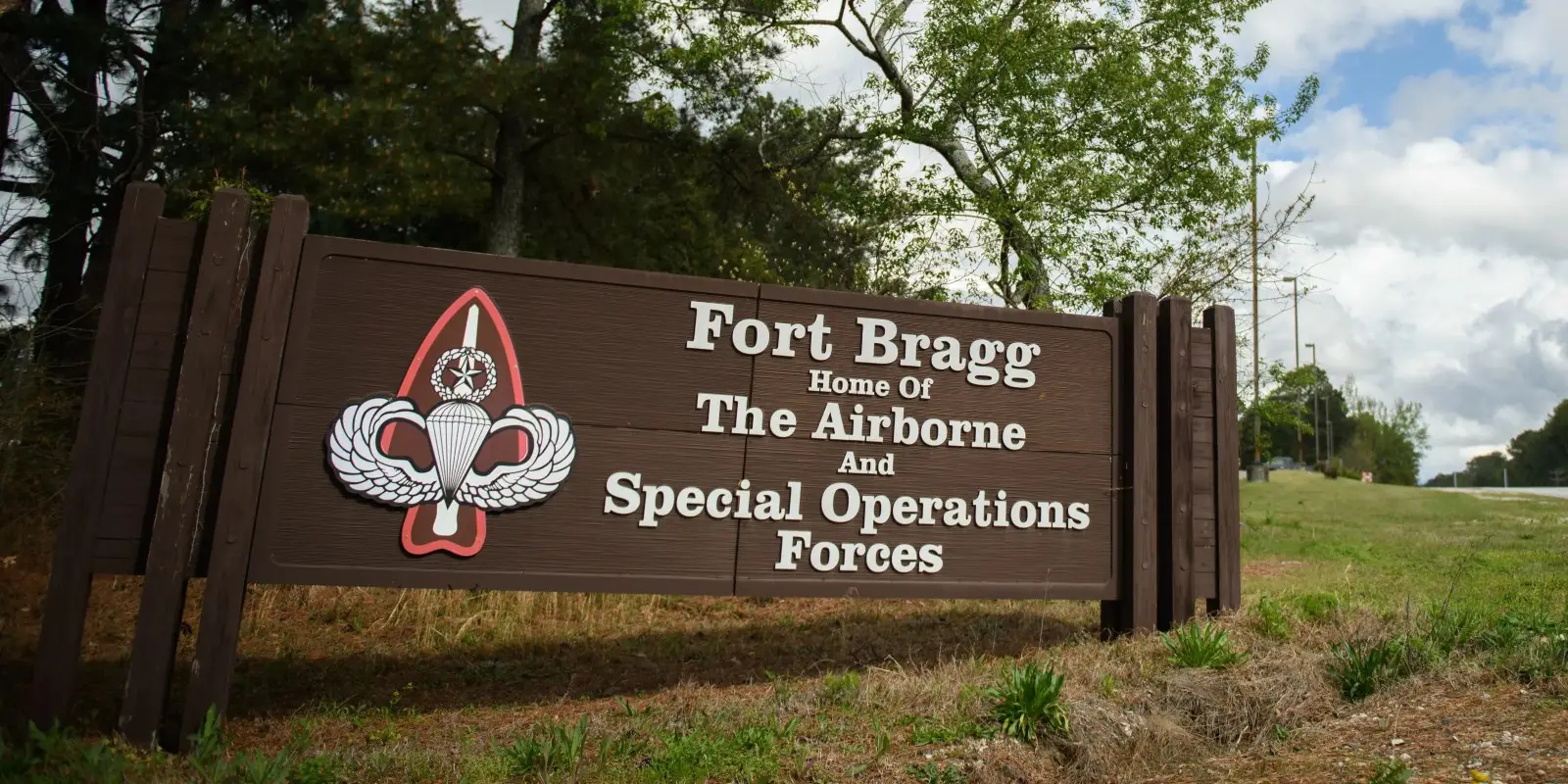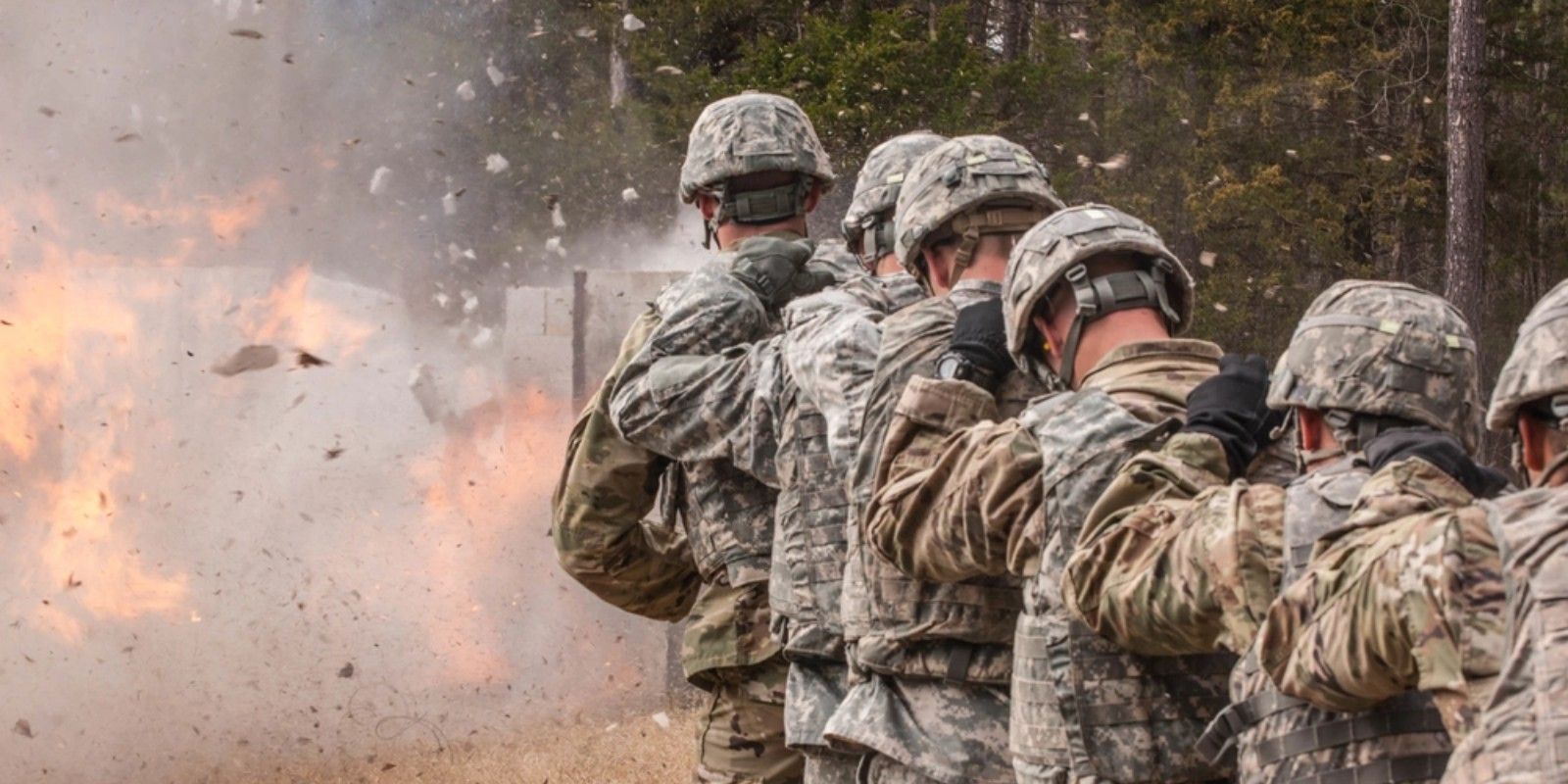ARMY BASES RENAMING FOCUSES ON MINORITY SERVICE MEMBERS
By Meaghan MacDougall

There are nine Army bases renaming after the Pentagon commission recently offered its recommendations. These bases are currently named after Confederate figures, but the commission recommends that the posts should be renamed after African American, Native American, Latino, and women soldiers.
According to the Defense Department naming commission, the changes are designed to guarantee that the prominent military locations have names “that evoke confidence in all who serve.”
Suggested read:
Army To Draft Policies for Right To Abortion & Reproductive HealthcareArmy Bases Renaming Themselves After Minority Service Members
Congress created the Congressional Naming Commission in 2021, which received over 34,000 recommendations for the Army bases renaming during the public comment period. The final report from the panel will be issued to Congress in late 2022, and the defense secretary will be charged with implementing the changes by 2024. Retired Adm. Michelle Howard, chairwoman of the commission, stated, “During many conversations within the commission, with installation personnel, civic leaders, and communities, we sought to find names that would be inspirational to the soldiers and civilians who serve on our Army posts, and to the communities who support them.” For the names to be changed, Congress and Defense Secretary Lloyd Austin must approve of the nine naming recommendations. Austin stated that the commission’s recommendations “reflect the courage, values, sacrifices, and diversity of our military men and women.” The bases being renamed include Fort Bragg in North Carolina, Fort Hood in Texas, Fort Rucker in Alabama, Fort Polk in Louisiana, Fort Benning and Fort Gordon in Georgia, and Fort A.P. Hill, Fort Lee, and Fort Pickett in Virginia. The recommendations for the nine Army base name changes are listed below:Fort Hood
, Texas, to be renamed after Richard E. Cavazos, the first Latino to reach the rank of four-star general in the Army.Fort Gordon
, Georgia, to be renamed after Gen. Dwight D. Eisenhower, the Army general who led all allied forces in Europe during World War II and later became President of the United States.Fort Lee
, Virginia, to be renamed after Arthur Gregg, a former three-star general in logistics, and Charity Adams, the first African-American woman to be an officer in the Women’s Army Auxiliary Corps.Fort Pickett
, Virginia, to be renamed after Van Barfoot of Native American descent, who received the Medal of Honor for his heroism during World War II.Fort A.P. Hill
, Virginia, to be renamed after Dr. Mary Walker, a physician and women's rights activist who received the Medal of Honor for her service during the Civil War.Fort Benning
, Georgia, to be renamed after Lt. Gen. Hal Moore and his wife, Julia Moore. General Moore was a pioneer in the Air Cavalry, and his wife helped improve the casualty notification system and helped with the creation of family support networks.Fort Rucker
, Alabama, to be named after Micheal Novosel, a Medal of Honor recipient who flew combat aircraft in World War II, the Korean war, and Vietnam.Fort Polk
, Virginia, to be renamed after William Henry Johnson, a soldier who received the Medal of Honor in 2015 for his heroism in World War II.Fort Bragg
, North Carolina, to be renamed Fort Liberty, after the value of liberty.
The Controversy Around Renaming Army Bases
Republican lawmakers are opposed to the Army bases renaming after minority groups. The push to begin renaming the Army bases named after Confederates happened after George Floyd was killed in the summer of 2020. During his time in office, President Donald Trump publicly stated that he opposed the suggestion. Trump stated that changing the Army bases named after Confederates ignored the history of the military bases and dishonored the troops that served at them. More than half of service members favored renaming the military bases that honor Confederate leaders, and a large number favored banning Confederate symbols and paraphernalia from all Defense Department locations. But enough Republican lawmakers sided with the Democrats to move forward with the measure that forces the name changes. The post that has the most controversial name change is Fort Bragg (changing to Fort Liberty). This is the only fort that is not named after a military hero, but the term has been prominently featured throughout history and the models of installation's units, as well. The Army bases renaming is said to have created an opportunity to have a more inclusive environment within the military. The changes will help everyone to recognize service members who have made an impact during their time in the service.More like this:
Army Basic Training: Everything You Need to KnowSHARE:
TAGS:
confederate
news
renaming
JOIN OUR NEWSLETTER
Get the latest news and military discounts



